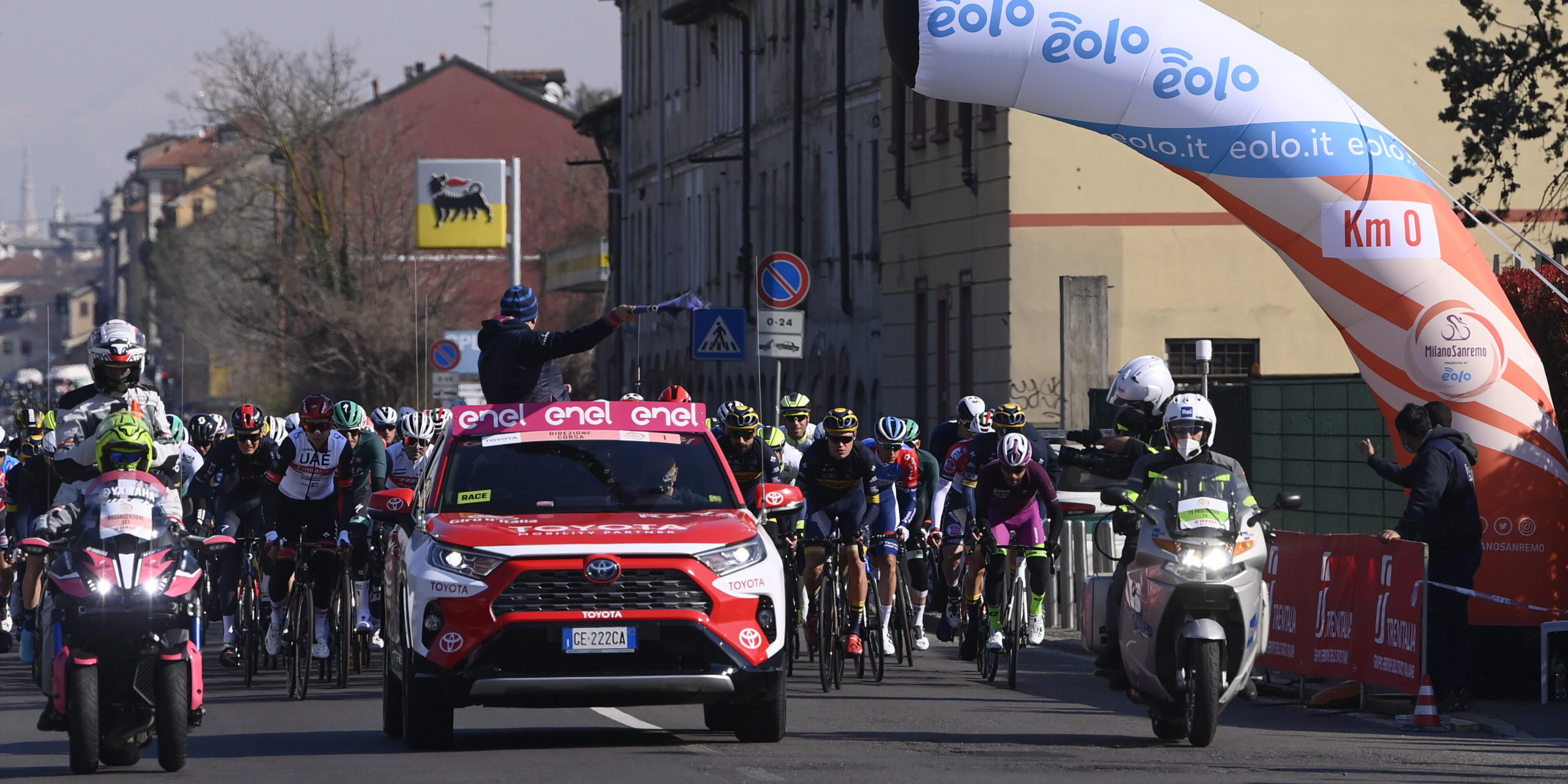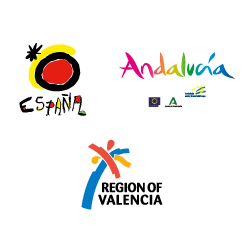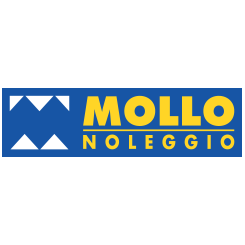The 112th edition of the Milano-Sanremo presented by Eolo will follow the classic race route with the exception of the climb of Passo del Turchino – not ridden this year due to a landslide. The race will instead pass via the Colle di Giovo climb to then descend on the Aurelia to Albisola and follow the final 112 kilometers that make the race iconic, with the passage over the three Capi before Cipressa and Poggio. Thanks to close collaboration with the Municipality of Sanremo, the local authorities, and the shop owners of Via Roma, who will close their shops from 2.30pm to avoid gatherings, the Classicissima will be able to use its historic finish line on Via Roma.
The Final KMs
Following the Cipressa climb (5.6km with an average gradient of 4.1%) the riders will be faced with a very fast and challenging descent that leads back to the SS 1 Via Aurelia. At 9km from the finish, the ascent of Poggio di Sanremo begins (3.7km long with an average gradient of less than 4% and a maximum of 8%, reached just before the crest of the climb). On the climb, the road is slightly narrower, with four hairpin turns in the first 2km. The asphalt-paved descent that follows is extremely technical, narrow at points and features a succession of hairpins, twists and turns all the way up to the junction with the SS 1 Via Aurelia. The final part of the descent enters the city of Sanremo. The last bend, leading onto the home straight, is 750m from the finish line.
Start – Milano
Despite its worldwide reputation as the economic capital of Italy, there is more to Milan than just the Piazza Affari stock exchange, its technology and industry. Recognised as one of the European leaders in fashion and design, the city is also a major “exhibition centre”. In 2015, it was the venue of one of the most important events in the world, EXPO, which played host to the official presentation of the 2016 Giro d’Italia.
Milan is also rich in art, and there is much to explore in the city of the “Madonnina”, which boasts a long tradition in literature, art, music and science. The city’s large museum network includes Museo della Pietà Rondanini, MUDEC, Cenacolo Vinciano, Pinacoteca di Brera, Museo Nazionale della Scienza e Tecnologia “Leonardo Da Vinci”, Museo del Novecento, Villa Reale, Triennale Design Museum and Museo San Siro.
One may even claim that Milan was Leonardo’s city. The Last Supper, the Atlantic Codex, the Naviglio Grande gates, as well as frescoes, paintings and myriad drawings and designs are part of the heritage that Leonardo – an architect, engineer, inventor, scientist and artist – left behind during the 20 years he spent in the city. The church of Santa Maria delle Grazie holds one of the most famous religious artworks of the Renaissance, “The Last Supper”, a mural that Leonardo da Vinci painted between 1495 and 1497, as commissioned by Ludovico Il Moro, Duke of Milan.
Finish – Sanremo
Sanremo is known as the city of flowers and the city of Italian song: every year, Teatro Ariston hosts the famous Festival di Sanremo, which celebrated its 70th edition earlier in 2020. After cycling, automobile racing is the second great sporting tradition of the city with the traditional Rallye Sanremo.
Corso Fiorito (Sanremoinfiore) is another globally famous event taking place in Sanremo: a traditional parade of flower-covered floats welcoming spring with the scent and colours of blossoms that have earned the “Riviera dei Fiori” its worldwide renown.
Sanremo also owes its reputation to its position, to its microclimate and to the beauty of its landscape. All this adds up to a glorious past, which left its lasting mark in the old town centre – nicknamed La Pigna, “the pine cone” after the winding shape of the walls. Included amongst the main sights are the Basilica Collegiata Cattedrale di San Siro, the Sanctuary of Madonna della Costa, the hermitage of San Michele and the Church of Cristo Salvatore, built at the end of the 19th century by the Russian nobility, nowadays one of the symbols of the town, together with the nearby Casino.
Many private mansions built along the promenade shine as jewels of architecture, including the Palazzo Bellevue, which became the city hall in 1963 and has since been a luxury hotel for many years; the Palazzo Borea d’Olmo, a few metres away from Teatro Ariston, one of the major Baroque buildings of western Liguria; and Villa Ormond, renowned for its park, with many exotic plants. Then there’s Villa Nobel, built in Moorish style, the last place where Alfred Nobel lived, currently a venue for cultural meetings; the nearby Art Deco Villa King; and Castello Devachan.
Urbano Cairo, President of RCS MediaGroup, and Cordiano Dagnoni, President of the Italian Cycling Federation, waved the starter’s flag
The Race in Italian History
Milano-Sanremo presented by Eolo has been part of Italian popular culture since 1907. It is indelibly linked to some of the great moments in 20th-century Italian history. For example, the 1946 Milano-Sanremo took place the day after King Victor Emmanuel III, compromised by his earlier support of Mussolini to play any part in post-war Italian politics, announced his intention to abdicate. 24 hours later, Fausto Coppi, that giant of Italian sporting history, launched a 150km solo attack that led to victory in the 37th Milano-Sanremo by no less than 14 minutes.
Given the huge period of time before the arrival of the second-placed rider, the radio commentator Niccolò Carosio fell back on a time-honoured broadcaster’s ruse, introduced by this immortal piece of sports commentary: “First across the line, Fausto Coppi. And now, while we wait for the other riders to finish, here is some light music!” In the collective memory, the birth of the modern Italian Republic is intimately associated with Fausto Coppi’s extraordinary performance that day.
Record wins: The record-holder for Milano-Sanremo wins is Eddy Merckx, who won seven editions of the race (1966, 1967, 1969, 1971, 1972, 1975 and 1976).
Last winner in the Rainbow Jersey: the last UCI Road Race World Champion who won in Sanremo wearing the Rainbow Jersey was Giuseppe Saronni in 1983.
TV Coverage
The international TV Schedule for Milano-Sanremo presented by Eolo is available here.
#MilanoSanremo

























